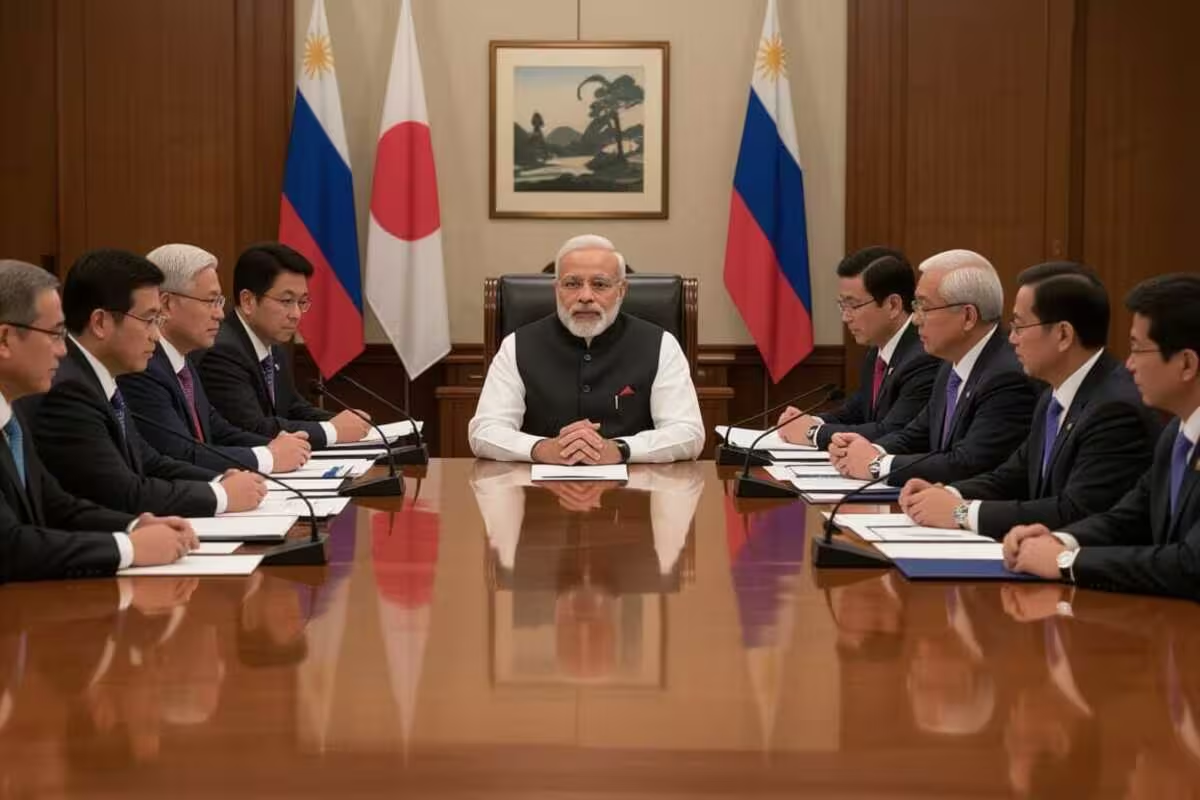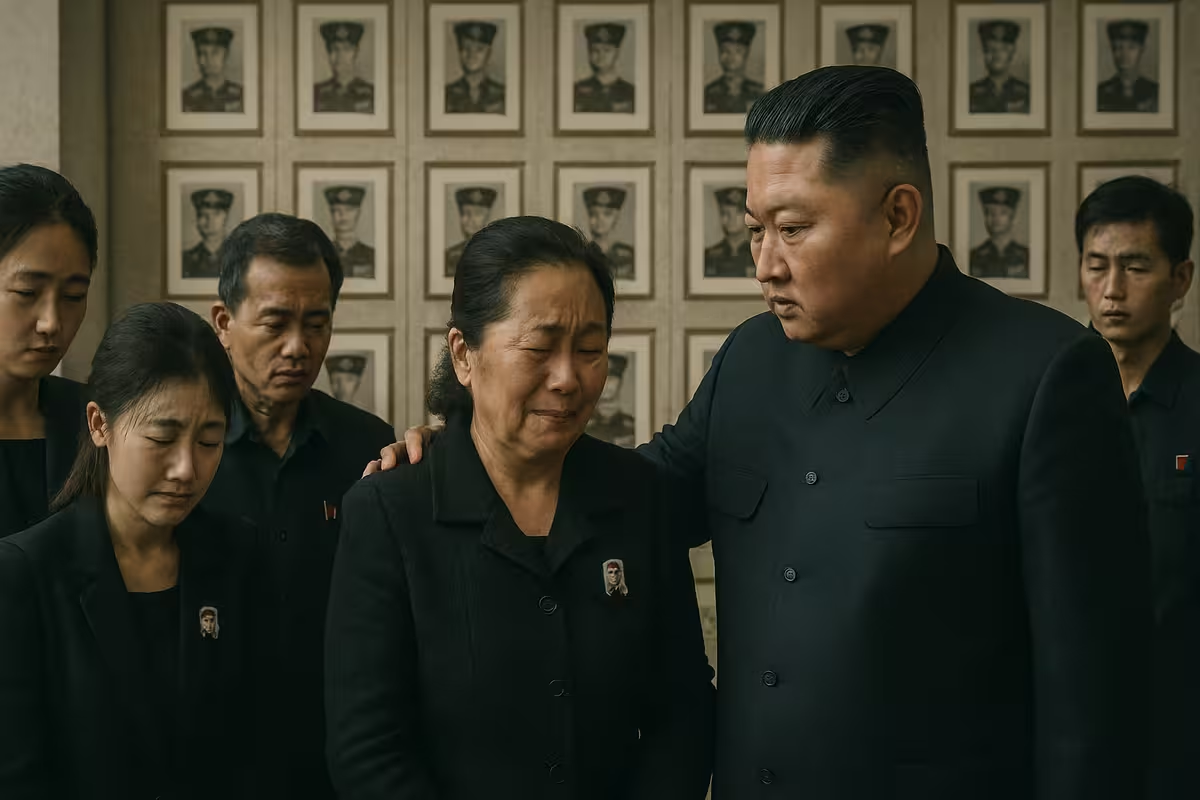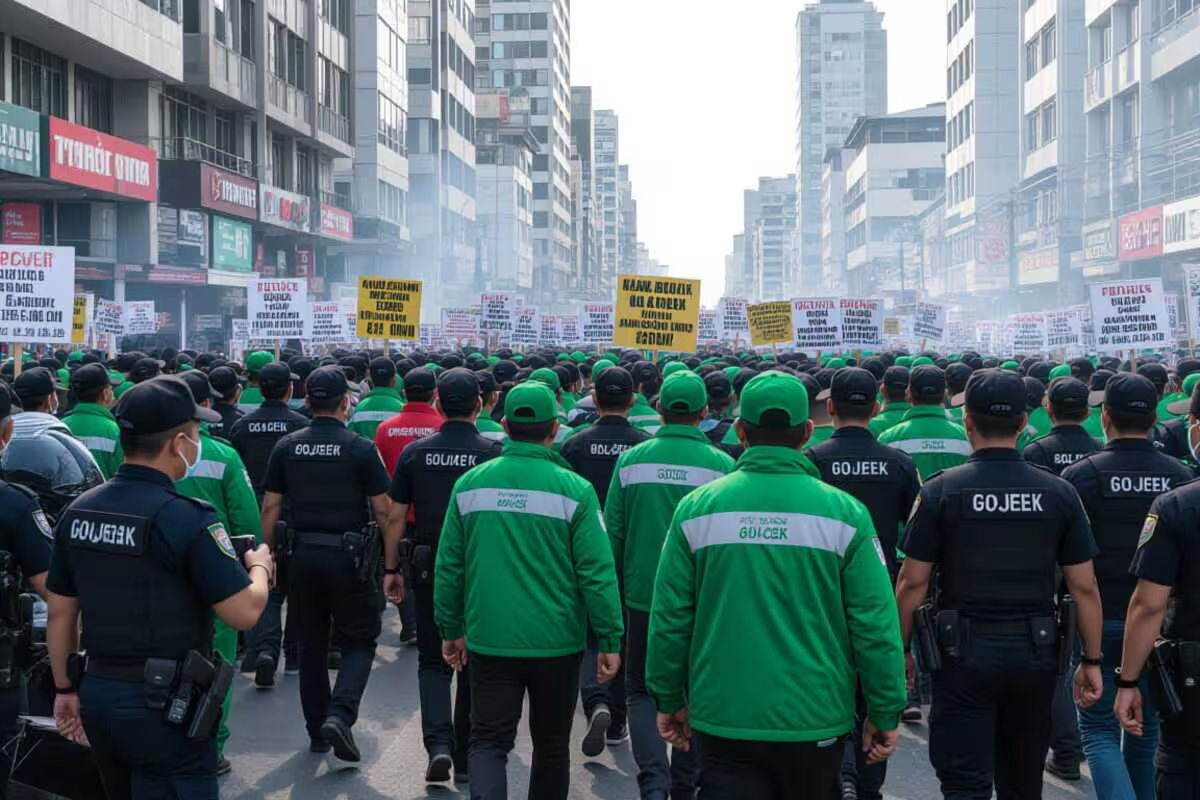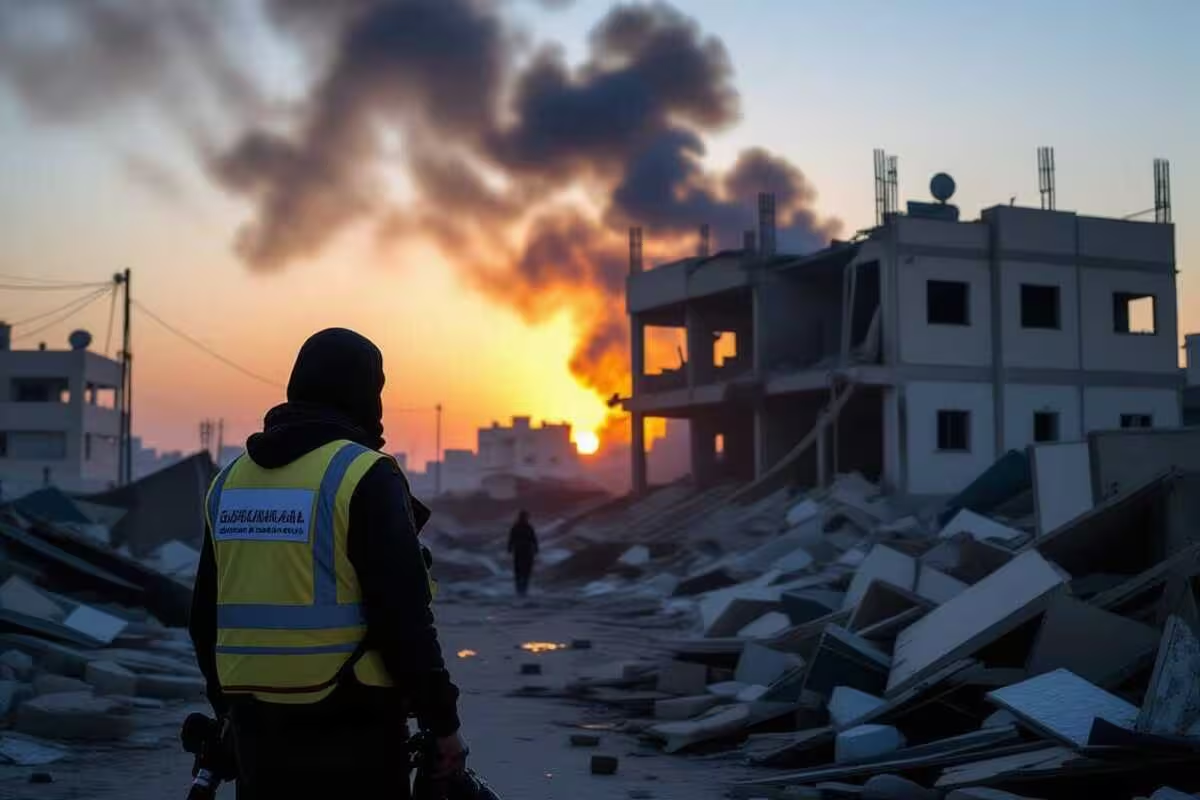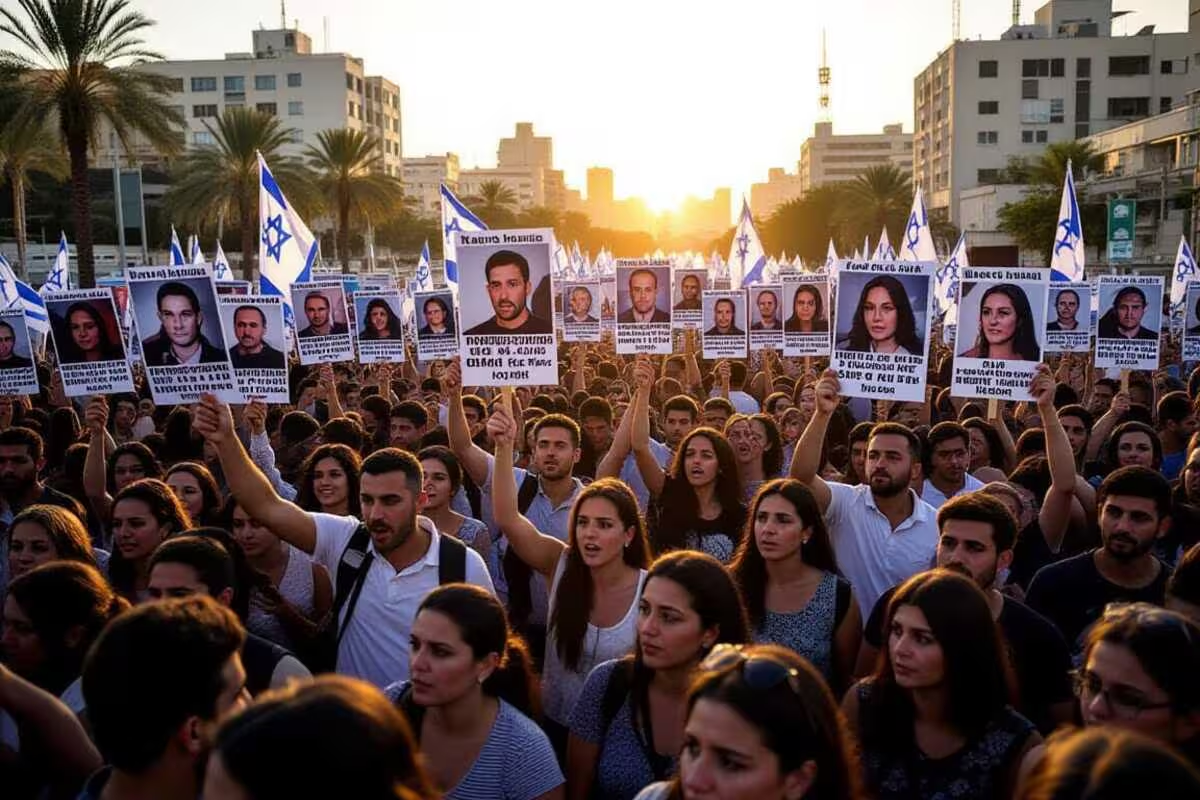US Retires Gaza Ceasefire Talks, Points to Hamas for Not Acting in Good Faith; Netanyahu Declares That Israel Still Wants Deal on Hostages
DOHA, Qatar—July 25, 2025: The United States has effectively withdrawn its negotiating team from discussions on cease-firing in Gaza, as per U.S. Special Envoy Steve Witkoff, due to public condemnation towards Hamas’s “lack of desire” in negotiations. The sudden withdrawal today, July 24, 2025, marks a substantial setback in the attempts of de-escalation in what has really become a drawn-out conflict, urging Washington to begin to ponder privatized “alternative options.”
Negotiations Collapse Amid Accusations
Indirect negotiations were facilitated by the Qatari and Egyptian mediators and had lasted for more than two weeks to achieve a ceasefire and the return of the Israeli captives in exchange for Palestinian prisoners. The current deadlock, however, was reached owing to fundamental divisions. Witkoff accused Hamas of not “acting in good faith” and showing a clear unwillingness to compromise.
In a surprise statement released on early Friday, Hamas said that Witkoff’s comment was quite “unexpected.” It said, “We are keen to continue the negotiations and engage in ways that will ease obstacles and ensure reaching a permanent ceasefire,” while saying it had provided its “final word” after holding discussions with various Palestinian factions and other regional countries.
Netanyahu’s Position and Key Sticking Points
Though Israel’s Prime Minister Benjamin Netanyahu sent his negotiating team back from Doha, acknowledging the effort on the part of mediators, he laid the blame mostly on Hamas for reaching a deadlock. In fact, according to Netanyahu, although he withdrew, Israel still “wants a swap for captives” and “continues to look for yet another ceasefire with Hamas.” He quipped that Hamas should not think Israel’s willingness to negotiate might imply any weakness that would lead to “dictation of surrender terms,” risking the State of Israel.
The main sticking points in the negotiations reportedly revolve around a permanent ceasefire, the full withdrawal of Israeli troops from Gaza, and unrestricted aid access—demands from Hamas. Israel, conversely, insists on the dismantling of Hamas’s military and administrative capabilities and will not agree to end the conflict until Hamas gives up power and disarms, a condition the militant group rejects.
The Human Crisis and International Interest
The failure of those talks has aggravated the already serious humanitarian crisis in Gaza. More than two million Palestinians suffer from deepening shortages of food, water, and medicines, accompanied by increasingly dire warnings of impending malnutrition on a large scale. The WHO has termed the crisis “man-made,” while France has referred to it as an “Israeli blockade.” Such allegations are denied by Israel, which puts the blame on Hamas for blocking aid and accuses international organizations of being responsible for not collecting the supplies that were available. Relief agencies, however, cite limited Israeli permissions and the inherent difficulty of safe aid transport in an active conflict zone.
The conflict started with the Hamas attack on Israel on October 7, 2023, and continues for 21 months now. According to the Gaza health ministry, Israel’s military campaign has killed 59,587 Palestinians, many of them civilians. The assault brought by Hamas killed 1,219 people, mostly civilians, and 47 people are said to be hostages out of 251 hosts taken, while 49 remain in Gaza, with the number believed dead by the Israeli military at 27.
Next Steps and Alternative Options
Having put negotiations on hold, the U.S. has now stated that it would also explore “other options” to secure the hostages’ release and to stabilize the situation in Gaza—it is unclear what the alternatives may involve. The international community keeps pushing for both a cease-fire and an approach toward resolution; however, the peace process has become very complicated now. Speeches regarding alternatives are, at best, still too premature to say with certainty what will finally happen.






